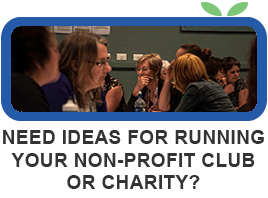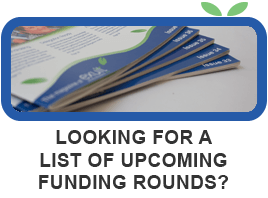Last updated June 22, 2016
Being interviewed by the media is a great opportunity to market your non-profit cause, but it pays to be prepared. Here are our top tips for successfully managing a media interview.
1. Know exactly what you want to achieve from the interview.
If you simply follow the path of the journalist, who knows where you’ll end up. By deciding on 2 or 3 key messages, you can make the most of your interview no matter what questions are asked.
2. Do Your Research
Research the programme or publication you are being interviewed for so that you understand the likely angle they will take. If possible, ask for the list of questions you will be asked, so that you can be prepared. Be aware however, you will almost always be asked questions that are not on the list.
Find out exactly how the interview will take place, and how long the interview is for. Is it being recorded live? Is it one-on-one or are you a part of a panel? If you are to be one of several guests, find out who the other guests are ahead of time – this will give you an indication of where the interview might head.
3. Practice Bridging Phrases
Bridging phrases allow you to bring the interview back to your key messages no matter what questions are asked. For example, “That really points to the bigger issue of……” or “That highlights why we are……”
4. Double Check Figures and Statistics
There is nothing worse than an interviewer quoting statistics about your own organisation, and you not being able to confirm they are correct.
5. Have Prepared Responses
There are some classic ‘time-filler’ questions that are often used at the end of an interview such as “What’s the one piece of advice you would give…..?” or “So, where to from here…?”. Be prepared and make sure you have something useful to say.
6. Don’t Fudge It
Only answer questions you actually know the answer to – and if you’re not sure, say so! In a live interview you can couch responses with statements like “As far as I’m aware…” or “To the best of my knowledge, but be aware that this part can easily be removed to create inaccurate sound bites.
7. Appear Confident
Even (especially) if you don’t feel it. If you are being interviewed face to face, maintain eye contact with your interviewer and try not to read from your notes – especially on television. It’s one thing for the interviewer to know you’re unsure, it’s another for the whole country to see it.
8. Always Be On The Record
Never say anything you don’t want others to hear. While there are undoubtedly plenty of reporters and interviewers you can trust, there is no such thing as ‘Off the Record’.
If you think this article would be useful for your members, you are welcome to use it on your website or in your newsletter. We just ask that you let us know where it is being used, and that you acknowledge our website at the bottom of the article. If you are using the article online, please include a link to our homepage.




